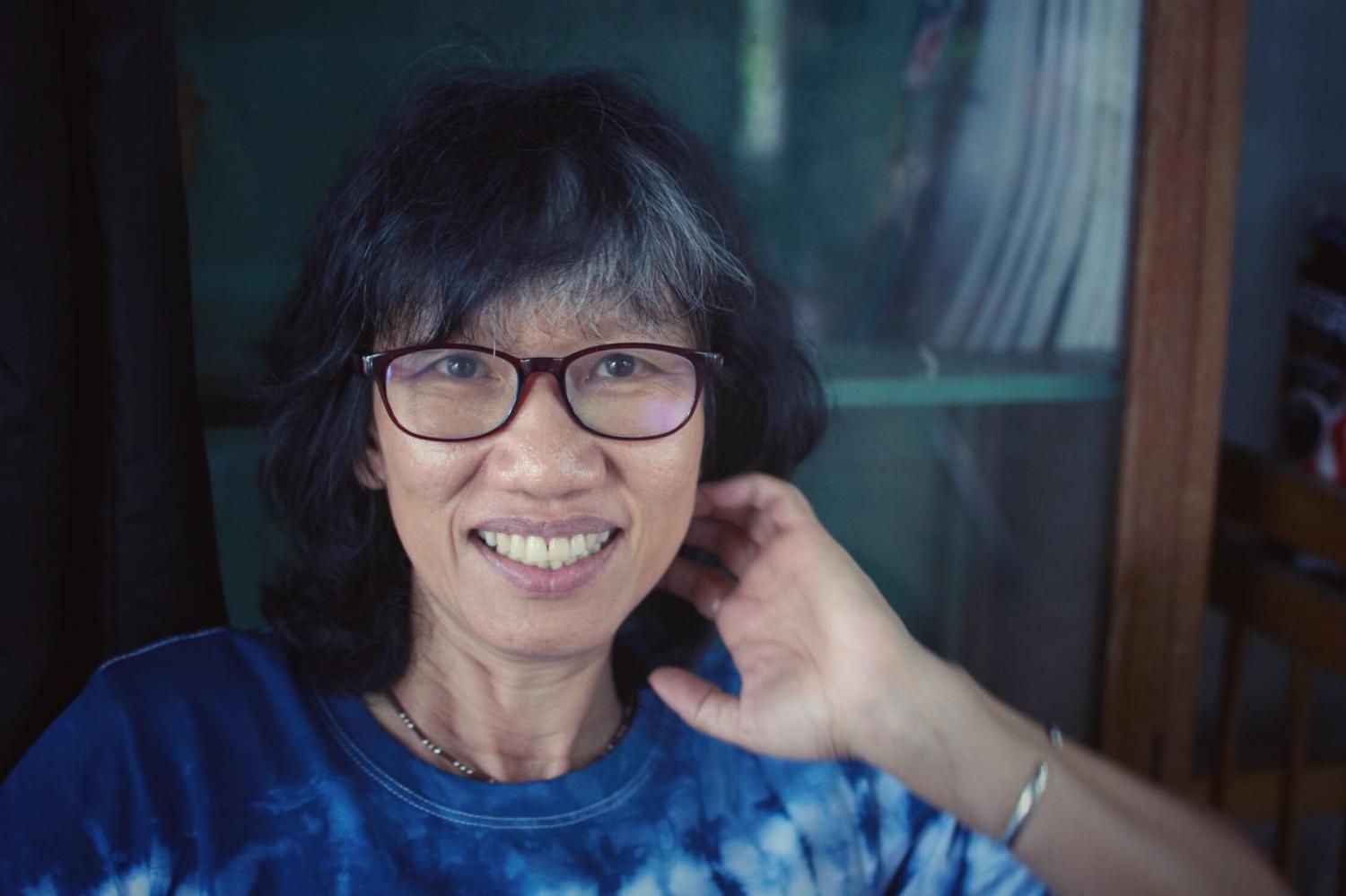
Chuleeporn Butkrot still wants to know why her younger brother struggled to get medical treatment after testing positive for Covid-19, especially as he was in a high-risk patient group due to his suffering from an underlying chronic disease.
The young man, whose name is being withheld, successfully registered in the National Health Security Office (NHSO) system but did not receive any medicine for an entire week, contrary to what the NHSO had promised.
"I just wonder why he couldn't get the medical treatment on the first day as he was in a high-risk group,'' said Ms Chuleeporn.
"Luckily, his condition turned out to be relatively mild. But I think an increasing number of deaths of Covid-19 patients could be caused by the fact that they aren't able to get medical treatment in time."
Her brother self-isolated at home in Pathum Thani, north of Bangkok. A week later, he was admitted to a private hospital in the capital, where he stayed for a few days before being discharged. He was able to resume normal activities shortly after.
However, his case highlights a serious concern in the capital, as the young man is among tens of thousands of people who have met with difficulty in accessing treatment.
The 1330 hotline set up by the NHSO provided him with no help despite being informed that he had a chronic disease, a status that puts him in an unenviable demographic of people who risk developing severe symptoms from Covid-19 and even dying, according to the Ministry of Public Health's classification system.
The Bangkok Metropolitan Administration (BMA) is now seeing record numbers of Covid-19 patients each day. As such, the system for admitting patients to hospitals has become congested -- and in some cases paralysed -- as the hotline cannot handle upwards of 50,000 calls a day.
To tackle the problem, the ministry has ordered its state-run hospitals in 14 provinces to take care of patients from the capital, giving them access to walk-in treatment nearby Bangkok to help cope with the overspill.
But the ministry's efforts have exposed a disconcerting truth: that the nation's public health system is severely constrained in terms of its ability to deal with the high number of Covid-19 patients.
"The capital is now the weakest point in the country in terms of handling the pandemic," said Dr Prateep Dhanakijcharoen, secretary-general of the National Health Commission Office.
"The current structure cannot offer immediate action to cope with and contain the pandemic, judging from the administrative management structure and people's participation," he said.
"We could say the capital has met with failure in terms of pandemic crisis management, despite it having the best medical facilities in the country -- good enough to make it a medical hub," Dr Prateep added.
Regardless of people's wealth or status in society, Covid-19 has proved a great leveller as everyone has experienced similar difficulties in getting medical treatment, he said.
One of the main problems is a lack of synchronised cooperation between Bangkok's administration and the ministry, he suggested
"In a crisis, unity is needed," he said.
Bangkok is home to numerous privately owned hospitals as well as state- and university-owned ones. These are in addition to the city's BMA-owned hospitals along with community hospitals and private clinics.
Yet these medical service units have hit a wall as Covid numbers have skyrocketed, rendering them unable the assist the huge number of patients.
Dr Prateep said it is crucial to build up a strong network among these medical units in the capital so they can share information and easily transfer patients when needed.
Moreover, community hospitals in each constituency should be upgraded so they are better prepared to respond to the changing demands of the pandemic, he suggested.
Clinics should be added to the network as a key source of medical treatment, and the community's participation encouraged and fostered, the doctor noted.
"Covid-19 has alerted us to the need to arrange a better public health system for any future pandemics," Dr Prateep said.
"New technology platforms, a different mindset in terms of pandemic management and getting the public to actively participate more are the keys to people strengthening public health security in the long run."
Nopphan Phromsri, secretary-general of the Human Settlement Foundation, said it is unrealistic to expect state agencies alone to take care of the public during a pandemic, due to the scope of the problem.
Communities should be better educated and prepared to assist in managing themselves in the future with the support of state agencies, she said.
"Many communities have proved they can successfully self-manage in battling outbreaks," said Ms Nopphan, adding that such programmes would help reduce the burden on medical staff and the over-stretched state budget.







